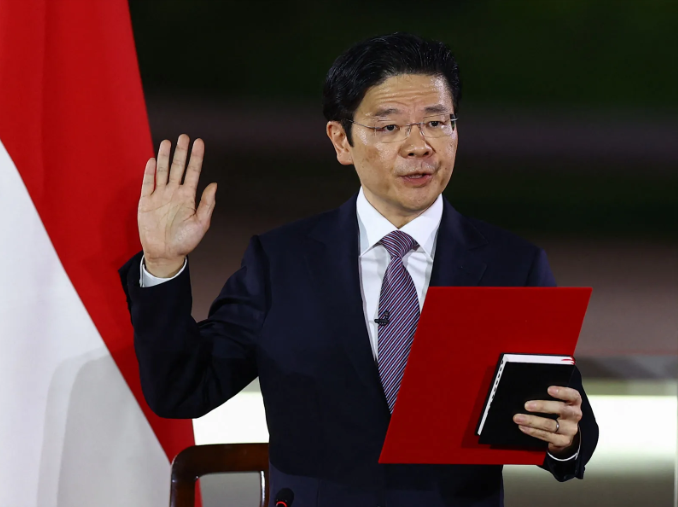Singapore’s Deputy Prime Minister Warns Against Going Too Far in Self-Sufficiency
SINGAPORE: Deputy Prime Minister Lawrence Wong stressed the importance of resilience and self-sufficiency in global economies but cautioned that taking these concepts too far could have negative consequences for the world. Speaking at the 17th Asia-Pacific Conference of German Business (APK) on November 13, Mr Wong noted that while strengthening resilience is vital, it should not come at the cost of international cooperation.
“Building resilience means ensuring that we have reliable networks that adhere to international rules and obligations,” Mr Wong explained. He cited Singapore’s commitment to keeping ports open during the pandemic, even when facing supply shortages, as an example of the country’s dedication to being a trusted global node. “We never imposed export controls, and we kept goods flowing, which helped maintain our credibility on the global stage.”
The Risks of Decoupling
The issue of decoupling, particularly with China, was also discussed. Mr Wong highlighted the complex trade relationships Southeast Asian countries have with China, and the potential dangers of choosing between major global powers like China and the United States. He referenced German Chancellor Olaf Scholz’s recent statement on diversifying critical dependencies without fully decoupling from China. “If ASEAN is forced into two camps, it would be disastrous for the region,” Mr Wong remarked.
He expressed hope that the upcoming G20 summit would enable US President Joe Biden and Chinese President Xi Jinping to engage in meaningful dialogue, easing tensions and preventing a confrontation between the two powers.
Climate Goals and Green Transition
On climate change, Mr Wong reiterated Singapore’s commitment to achieving net-zero emissions by 2050. However, he acknowledged the unique challenges faced by the city-state in scaling up renewable energy. “We don’t have the land or resources to generate enough renewable energy locally,” he said. Instead, Singapore is exploring a combination of solutions, including importing renewable energy, using low-carbon hydrogen, and setting the right carbon pricing mechanisms.
Mr Wong outlined three key strategies to turn green transition into an opportunity for businesses: investing in low-carbon technologies like energy efficiency and electric vehicles, capitalising on sustainable fuels in the aviation and maritime sectors, and expanding green finance opportunities to support regional transition projects.
Strengthening Ties with Germany
During the event, Singapore and Germany also signed a new agreement aimed at deepening their economic ties, with a focus on sustainability and innovation. The Germany-Singapore Framework for Sustainability and Innovation will foster collaborations across sectors such as advanced manufacturing, mobility, and green technologies. Singapore’s Minister-in-Charge of Trade Relations, S. Iswaran, highlighted the importance of such partnerships in overcoming global economic challenges.
“Greater economic integration and partnerships are key to addressing sustainability and diversification in these uncertain times,” Mr Iswaran remarked.








